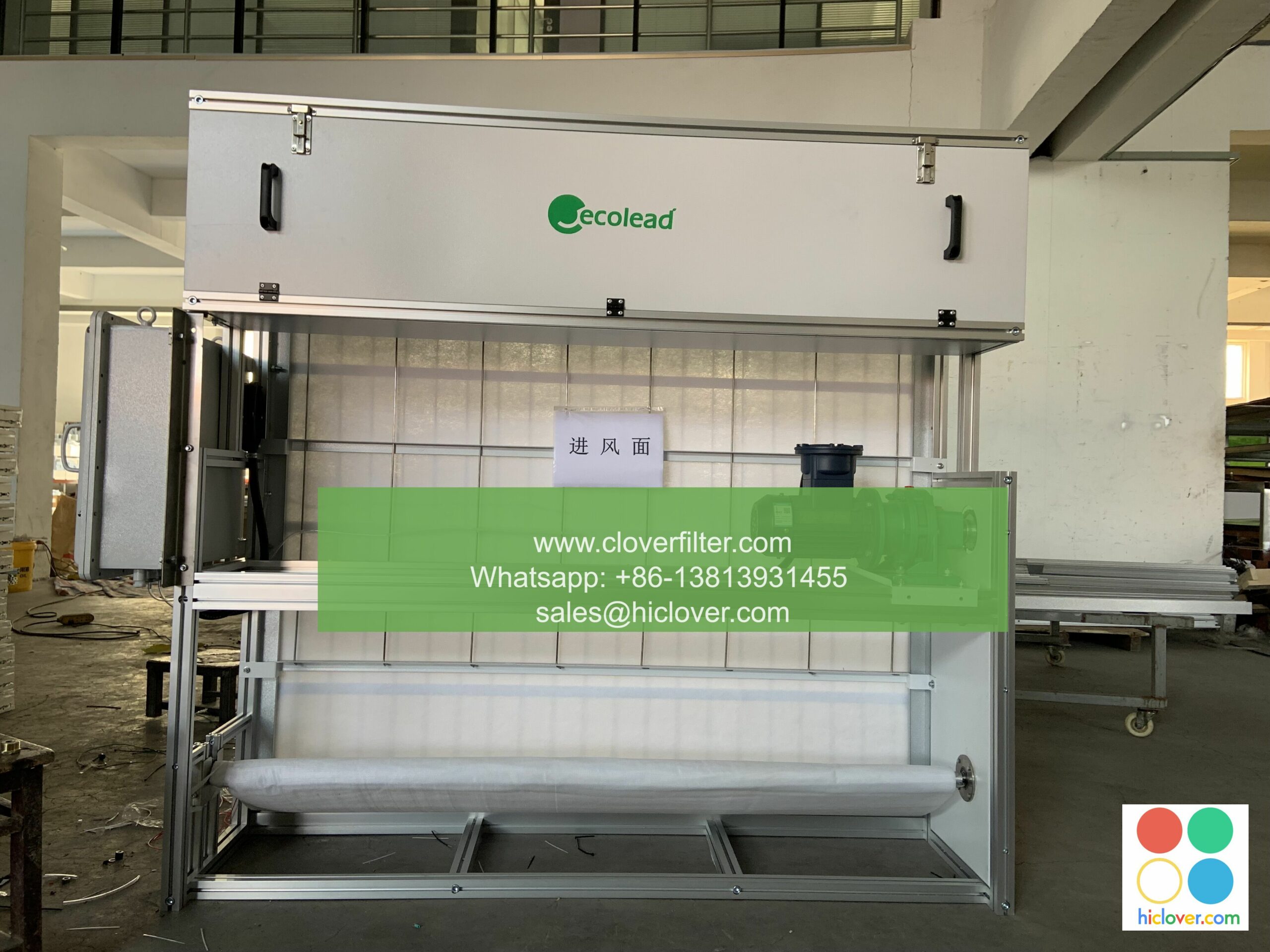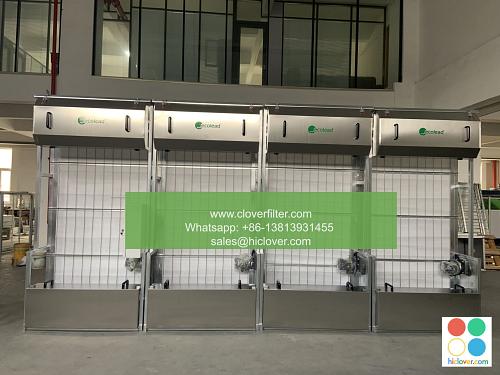Air Filter Converters: A Cost-Effective Solution for Clean Air

As the world grapples with the challenges of air pollution, indoor air quality has become a major concern for households and industries alike. The air we breathe is filled with particulate matter, volatile organic compounds, and other harmful pollutants that can have severe health implications. In response to this growing concern, air filter converters have emerged as a cost-effective solution for achieving clean air and improving indoor air quality.
What are Air Filter Converters?
Air filter converters are innovative devices that can be easily installed in existing air filtration systems to enhance their performance and efficiency. These converters use advanced technologies such as nanofiltration, ultraviolet light, and activated carbon to capture and eliminate airborne pollutants, including dust, pollen, mold, and bacteria. By leveraging these technologies, air filter converters can significantly improve the air purification capabilities of existing systems, making them a cost-effective solution for achieving clean air.
Application Areas of Air Filter Converters
Air filter converters have a wide range of applications across various industries and settings, including:
* Residential buildings: Air filter converters can be used to improve the indoor air quality of homes, apartments, and condominiums, creating a healthier living environment for occupants.
* Commercial buildings: Air filter converters can be installed in office buildings, shopping malls, and restaurants to improve the air quality and reduce the risk of airborne illnesses.
* Industrial settings: Air filter converters can be used in manufacturing facilities, warehouses, and construction sites to reduce the levels of particulate matter and other harmful pollutants in the air.
* Healthcare facilities: Air filter converters can be installed in hospitals, clinics, and nursing homes to improve the air quality and reduce the risk of airborne infections.
Benefits of Air Filter Converters
The use of air filter converters offers several benefits, including:
* Improved indoor air quality: Air filter converters can significantly improve the air purification capabilities of existing systems, creating a healthier living environment for occupants.
* Cost savings: Air filter converters are a cost-effective solution for achieving clean air, as they can be easily installed in existing systems, eliminating the need for costly upgrades or replacements.
* Increased energy efficiency: Air filter converters can help reduce the energy consumption of existing systems, making them a more energy-efficient solution for improving indoor air quality.
* Reduced maintenance: Air filter converters require minimal maintenance, as they can be easily cleaned and replaced, reducing the need for frequent maintenance and repairs.
Conclusion
In conclusion, air filter converters are a cost-effective solution for achieving clean air and improving indoor air quality. With their advanced technologies and wide range of applications, air filter converters are an ideal solution for households and industries looking to improve the air quality of their buildings. By leveraging the benefits of air filter converters, individuals and organizations can create a healthier living environment and reduce the risk of airborne illnesses, while also enjoying cost savings and increased energy efficiency. It seems like you forgot to include the actual prompt. Can you please provide more context or the question you’d like me to answer? I’ll do my best to provide a helpful and informative response.

